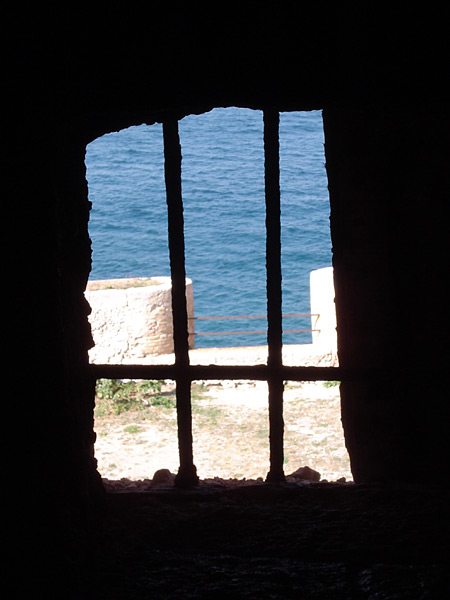For Garrett
1. This novel is a rollicking good adventure. Something is always happening—every chapter has its point. Even when a scene comes as a surprise with no forewarning—like the first Cavalcanti scene—it only takes a couple of pages to get underway. In this, at this, to this I marvel. But how did he do this? I think it was mainly through two tactics: the first is the incessant action that remains central to every chapter, driving the plot forward; and the second is long breaks for back story or separate stories within the overarching story. These lengthy back stories allow the actions to breathe and the readers to catch their breath. The plot is so relentlessly driving that these breaks from the action are necessary. Haydée's three chapter long story is the most glaring example of this, and what a story! I was all attention. And when her story was over, the book returned to the driving necessities of Edmund's revenge and I felt refreshed and ready to continue.
2. Descriptions are splendid here. Instead of full on blazon, we get "lovely", for example, which allows the imagination of the reader to run with it, imagining their own version of "lovely" and placing that in the novel. This, like never showing the monster in a horror film, is much more effective than blazon could have been. But, he still gives enough specifics to get the ball rolling: a long neck, thin lips, delicate hands, et cetera. Usually he gives one or two of these, and that works. These descriptors come off as hints, tantalizing glimpses that get the mind running. This praise of descriptors applies equally to people and places. It's imagination sparking to think of that lovely garden beside the telegraph tower—a place full of hinting lines that the reader has to fill in with details from their own experience.
3. My biggest complaint is a lack of personality in many characters. This doesn't matter in Shakespeare's plays because they are so short. But here, because this book is so long, the lack of personality in the characters is glaring. At its base this is the side effect of his focus on actions. Like Marshawn Lynch, he is all about that action, and his characters seem to be as well because that's the only way we know many of them. The many characters end up being indistinguishable in a novel so packed full of actions. Though the Count, Albert, and Abbet Faria are distinguishable and their actions support their characterization, they are distinguished by more than just their actions. Their conversations, their thoughts, their interactions with other characters all define these three actual characters better than the indistinguishable rest of the characters in the book.
4. My 2nd biggest complaint is that the novel skips the character changing time in Edmund Dantès' life. We see, in his dungeon, the beginning of the change and the reasons for it. But we miss the 10 years where the change actually occurs. This is probably to increase the mystery of his return. But I think the hints to these 10 years are not quite enough for me as a reader. He had the treasure, then he had a hundred million. He is a new person, but we do not see the character arc. The book is focused, like the plot, on the revenge. It ignores the large bit of time where Edmund Dantès betters himself and prepares for his campaign. As somebody who often prefers character development to plot, I do think this is a weakness in the novel. Though we can speculate—especially with the hints provided—this novel leaves me wanting to know more about that period in Dantès' life than the basic: 1. Steal treasure. 2. ??? 3. Profit!
5. We're left with the puzzle of Edmund Dantès at the end: namely does the reader believe that he is God's agent or not? The ending leaves us with this moral ambiguity. This is the central problem of the book, and it's not answered at the end despite hints seeming to point in both directions. I enjoyed this mystery. I feel like when the book first came out and everybody in the world had read it, you could define something about people by whether they thought Edmund was God's divine wrathful angel, or whether he was a petty slighted lover selfishly pursuing his own vengeance.



No comments:
Post a Comment